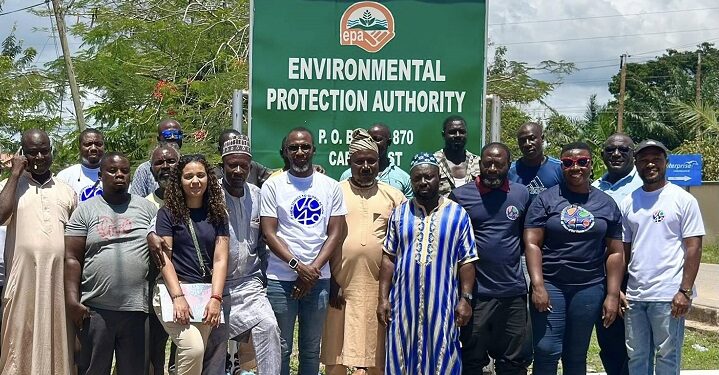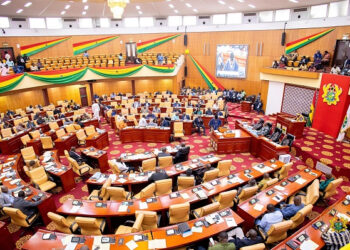The Environmental Protection Agency (EPA) has intensified its nationwide awareness and sensitization campaign on ozone layer protection, with a special focus on scrap dealers and technicians whose activities directly impact environmental safety.
Speaking to the media on the side-lines of a sensitization workshop in Cape Coast, the National Ozone Officer at the EPA, Mr. Joseph Amankwa Baffoe, said the exercise formed part of activities marking this year’s World Ozone Day celebration.
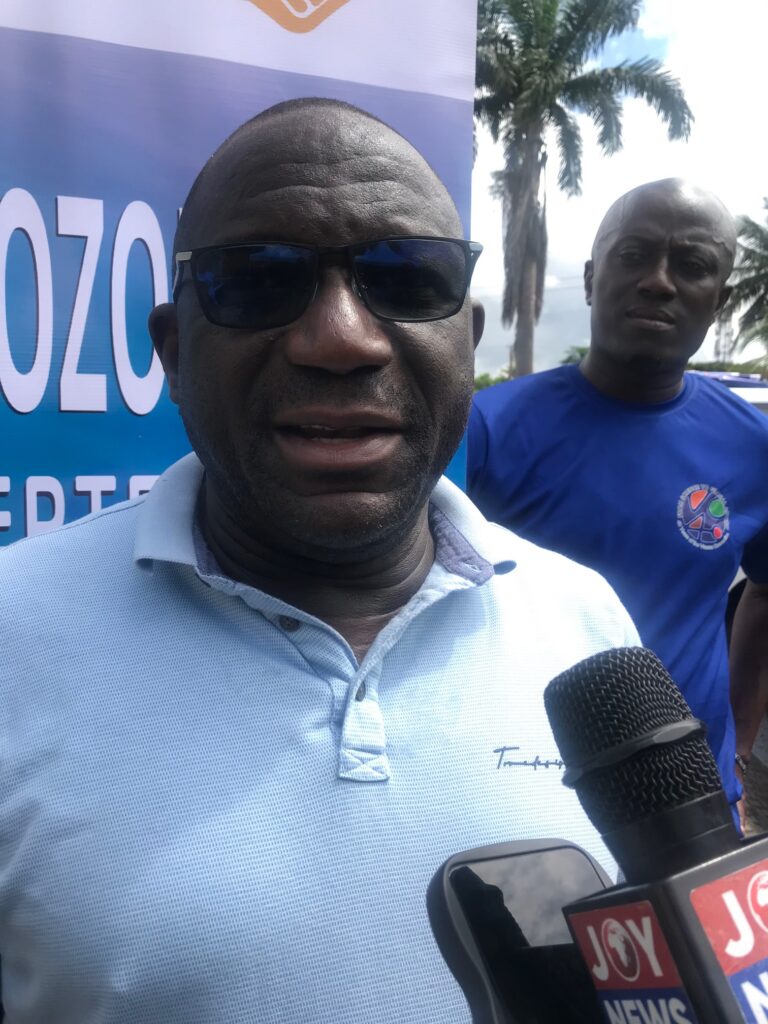
“We are gathered here to create awareness on ozone layer depletion and what every one of us can do to restore it. We want participants, particularly scrap dealers, to understand how their daily activities can either harm or help the environment,” Mr. Amankwa Baffoe explained.
Mr. Amankwa Baffoe highlighted that many of these old appliances contain ozone-depleting refrigerants, which, if released carelessly, can destroy the protective ozone layer that shields the Earth from harmful ultraviolet (UV) radiation.
“When scrap dealers dismantle old air conditioners or refrigerators without first recovering the refrigerant gases, those substances escape into the atmosphere and contribute to ozone depletion,” he cautioned.
The National Ozone Officer also outlined Ghana’s progress in transitioning from ozone-depleting substances (ODS) to more environmentally friendly alternatives under the Montreal Protocol, an international agreement signed to phase out substances that harm the ozone layer.
He revealed that Ghana has already phased out chlorofluorocarbons (CFCs) and is currently on track to phase out hydrochlorofluorocarbons (HCFCs) by 2030, far ahead of many developing countries.
“We are promoting the use of hydrocarbon refrigerants such as R600 for refrigerators and R290 for air conditioners. These are ozone- and climate-friendly alternatives. The government’s target is that by 2030, at least 70% of appliances in Ghana should use these green refrigerants,” he stated.
While acknowledging Ghana’s progress in implementing the Montreal Protocol, Mr. Amankwa Baffoe admitted that challenges remain—particularly the cost of adopting new technologies and the public’s limited understanding of their long-term benefits.
Read Also: Denkyirahemaa’s Legal Advisor Dismisses Injunction Rumours on King’s Coronation
“Green technologies may cost more initially, but they are energy-efficient and save consumers money in the long run. The real challenge is helping people appreciate the environmental and economic benefits,” he noted.
To address this, the EPA, in collaboration with international partners, is introducing rebate schemes to subsidize the cost of purchasing ozone-friendly appliances.
“We are putting in place schemes that provide top-up rebates for consumers who buy approved air conditioners or refrigerators. This will make the transition easier for households and businesses,” he added.
Mr. Amankwa Baffoe emphasized that Ghana remains committed to the global climate agenda and continues to perform strongly under international environmental agreements.
He said the EPA allocates import quotas for refrigerants to ensure that the country steadily reduces its reliance on harmful chemicals.
“By 2029, Ghana will issue its last import quota for HCFCs, and by 2030, we will completely stop importing them. After that, our focus will shift to reducing hydrofluorocarbons (HFCs), which, though not ozone-depleting, contribute to global warming,” he explained.
He also stressed the importance of fairness in global climate discussions, noting that developed countries, which contributed most to global emissions, must continue to provide financial and technical support to developing nations to enable them to adapt effectively.
“Our contribution to global pollution is small, but we suffer disproportionately from its effects, such as droughts and heat waves. We need support to adapt and continue the transition to greener technologies,” Mr. Amankwa Baffoe emphasized.
The Head of Environment and Climate at UNDP Ghana, Dr. Abdul-Razak Saeed emphasized that the initiative seeks to reach a diverse range of stakeholders across both the formal and informal sectors.
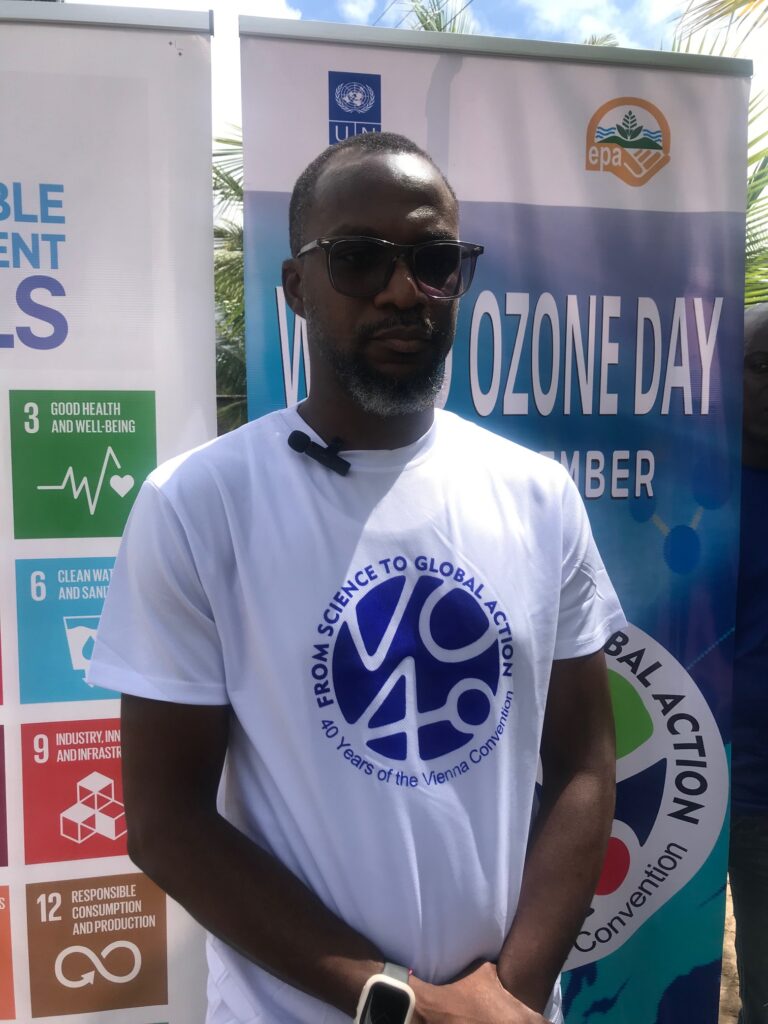
“We go around the country talking to public and private institutions, both formal and informal. Today’s engagement is with scrap dealers, who play a very critical role in the disposal of equipment like refrigerators and air conditioners,” he explained.
According to him, they need to understand how to handle and dispose of these appliances properly to prevent harmful substances from escaping into the atmosphere and damaging the ozone layer
As part of the ongoing campaign, he said the UNDP and EPA have also held educational sessions with senior high school students, encouraging the younger generation to develop environmentally conscious habits.
“We met with students to educate them because they are the future leaders. They need to understand what the ozone layer is, the threats it faces, and how their daily actions can make a difference, whether at home, in school, or in their communities,” Dr. Abdul-Razak said.
He further noted that the UNDP’s collaboration with the EPA forms part of Ghana’s broader commitment to achieving the United Nations Sustainable Development Goals (SDGs), particularly Goal 13 (Climate Action) and Goal 17 (Partnerships for the Goals).
“As the UNDP, we are in the country to support government priorities. Ozone protection aligns directly with the SDGs, and our partnership with EPA ensures that the message is effectively propagated to all parts of Ghana”.
Dr. Abdul-Razak praised the EPA’s technical expertise and logistical capacity in executing the campaign, noting that the agency’s regional offices play a vital role in organizing sensitization activities across the country.
“We are grateful to the EPA for their commitment and for ensuring that these awareness workshops reach people in all regions, in languages they understand, so that everyone can appreciate their role in protecting the ozone layer,” he stated.
Dr. Abdul-Razak reiterated the need for continued collaboration between development partners, government agencies, and communities to sustain the gains made in environmental protection and climate action.
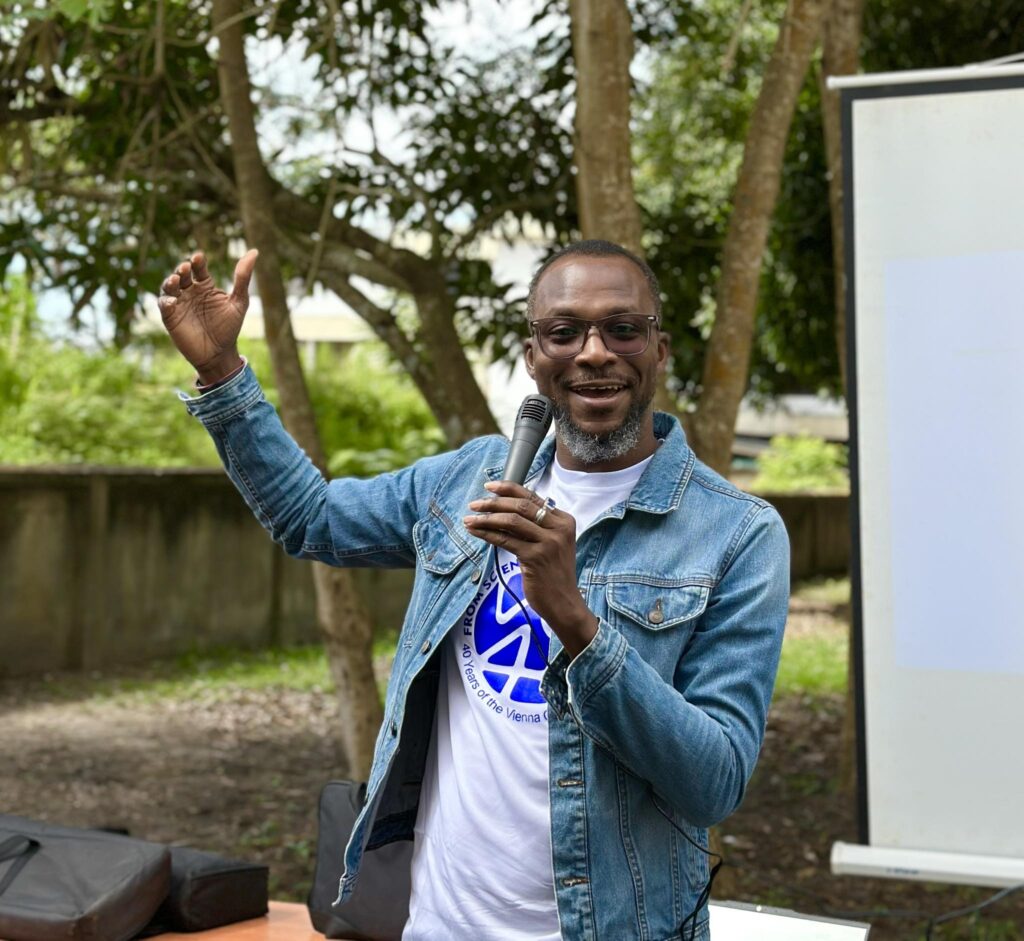
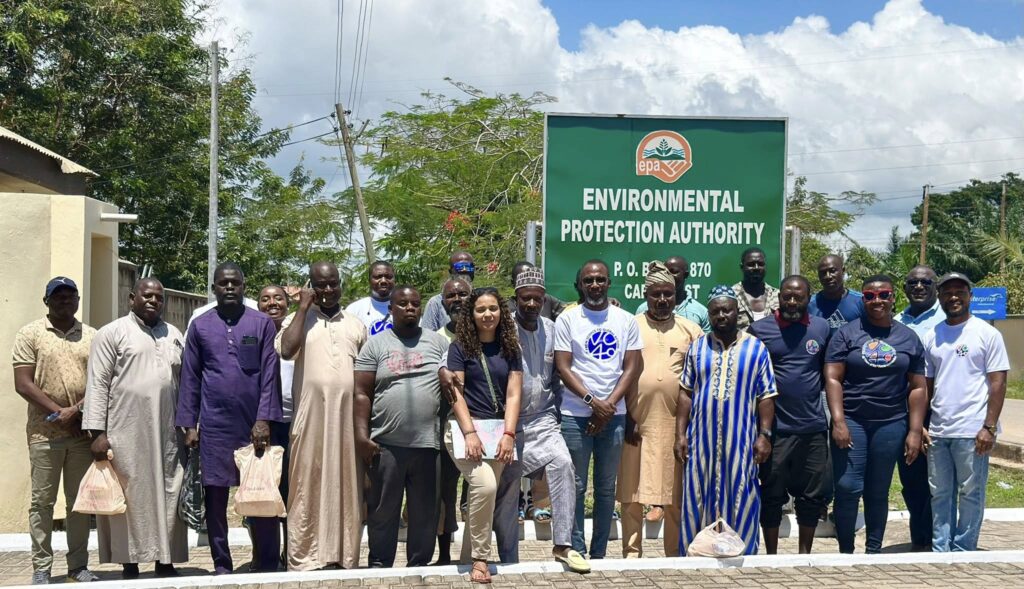
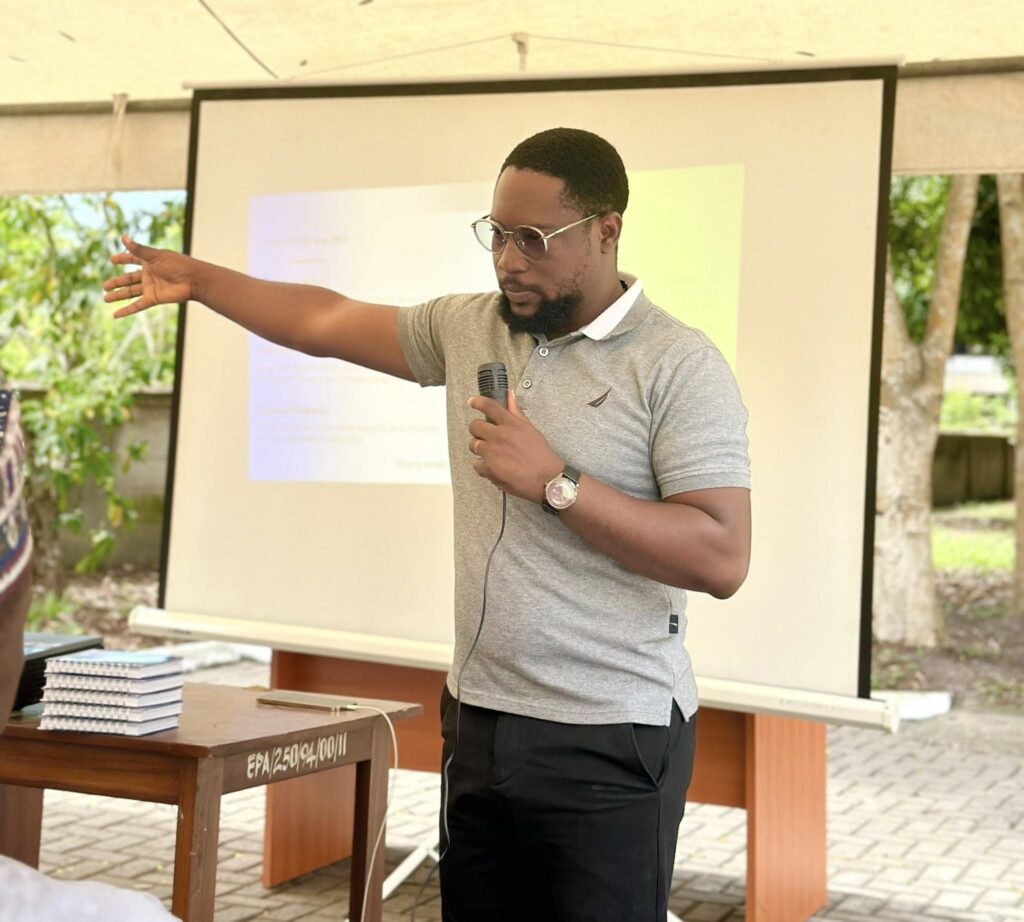
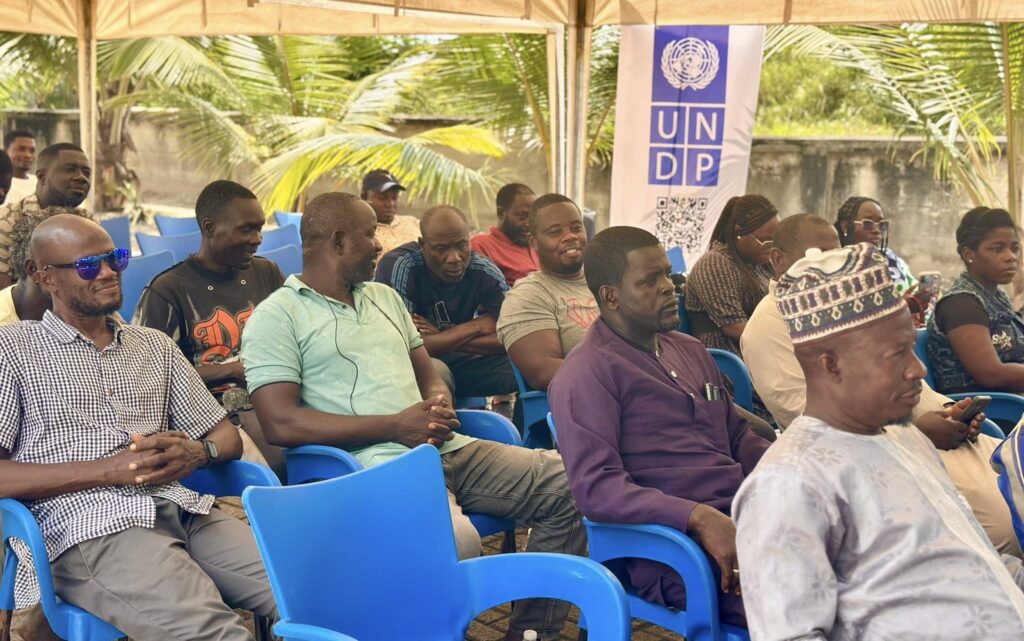
World Ozone Day, officially known as the International Day for the Preservation of the Ozone Layer, is celebrated every 16th September to commemorate the signing of the Montreal Protocol in 1987, an international treaty designed to phase out substances that deplete the ozone layer.
This year’s commemoration was observed under the global theme: “40 Years of Ozone Protection: From Science and Global Action”
Source: Anthony Sasu Ayisadu/ATLFMNEWS

















